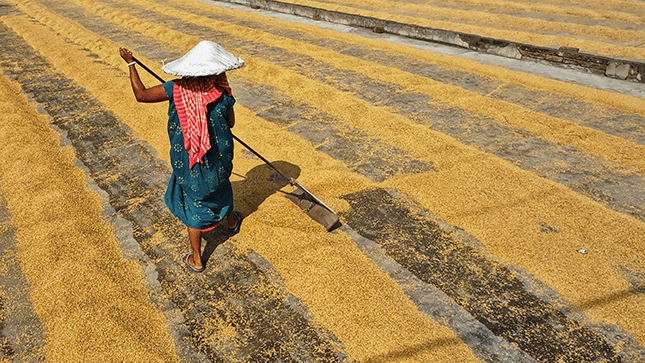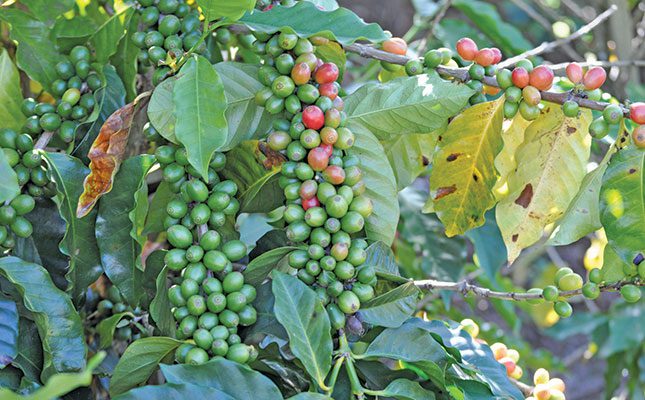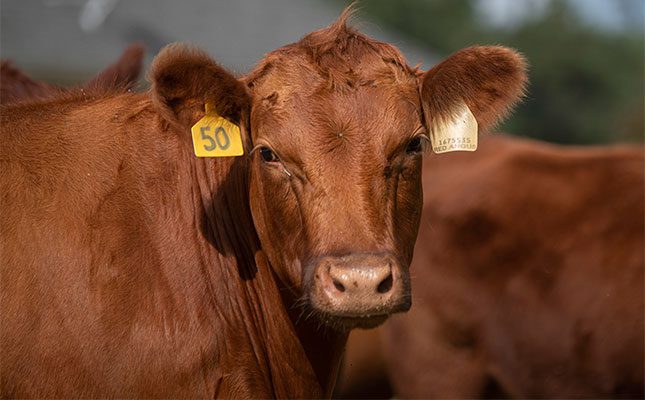
The anti-dumping duties of up to 62,4% on EU pork products came into effect this week, Reuters reported.
Accounting for about one-quarter of EU pork exports, China is the EU’s largest market, with shipments to the former increasing by 4% in the first six months of this year, following a decline in the previous three years, the report said.
According to Rabobank, more than 50% of these exports comprised offal products, including pig ears, noses, and feet.
Speaking to Reuters, Thierry Meyer, vice-president of the French pork industry group Inaporc. said: “These items are popular in China but have limited demand elsewhere, leaving European producers few alternative markets.
“We’ll continue exporting but at lower value”.
Meyer warned that, along with the strengthening euro, these new duties could place pressure on exporters, which could reduce farmgate prices and ultimately lead to a downturn in Europe’s pig production.
According to Reuters, the new tariffs could also jeopardise the recent rebound in the EU sector’s fortunes brought about by declining input costs such as feed and energy.
The Chinese Ministry of Commerce said in a statement released on Friday, 12 September, that a “preliminary investigation found evidence of dumping that harmed its domestic [pork] producers”.
However, Reuters reported that the investigation and duties were widely viewed as “retaliation for EU tariffs on Chinese electric vehicles [EVs], escalating trade tensions that have also seen Beijing investigate European brandy and dairy”.
In June this year, Chineses authorities announced a decision to extend the investigation for another six months, raising hopes among EU pork producers that a resolution could be reached for the broader EV dispute.
According to Reuters, Spanish producers stood to lose the most because almost half of EU pork exports to China originated there, while shipments from the Netherlands, Denmark, and France also represented large proportions.
Representatives of Spain’s Inter-professional Agri-Food Organization for White Pork in Spain and the Danish Agriculture & Food Council said in the report that they would “continue engaging with Chinese authorities during the investigation”.
Meanwhile, it was expected that Brazil could benefit from the EU’s setback and was currently seeking approval to export offal to China.
Although China was still reliant on pork imports to some extent, especially offal, domestic supply had risen rapidly in recent times, Reuters reported.













